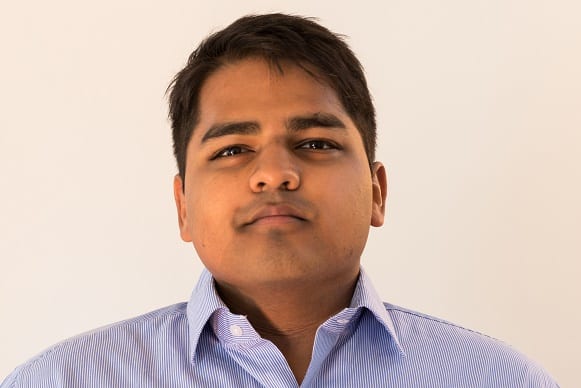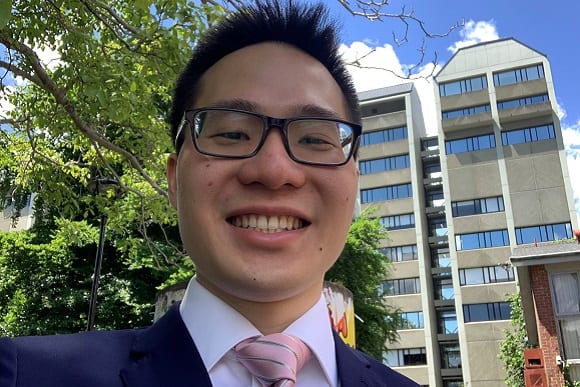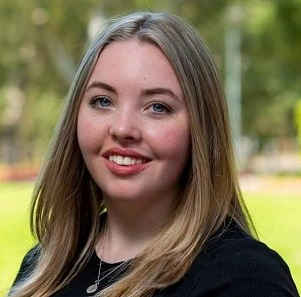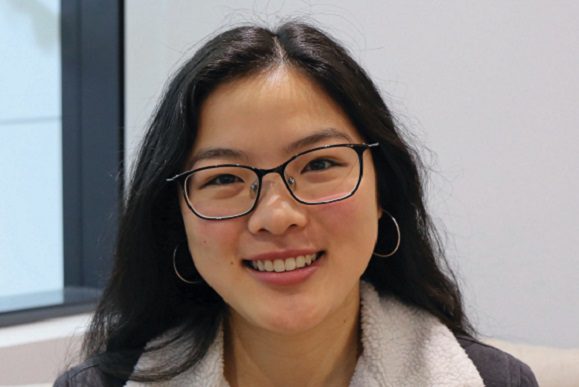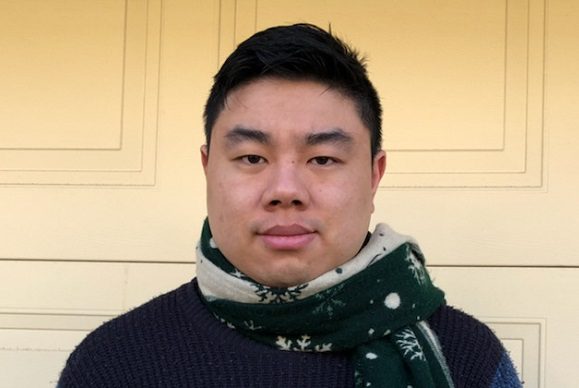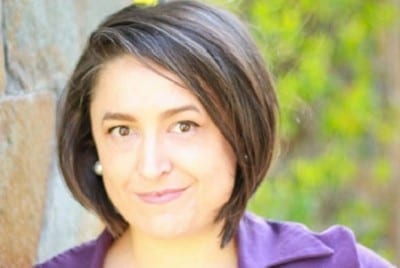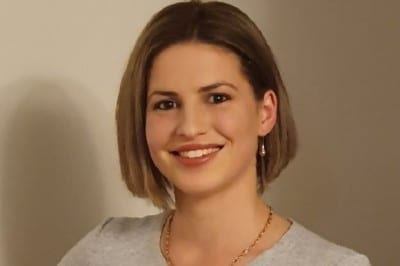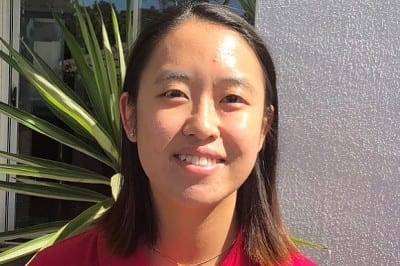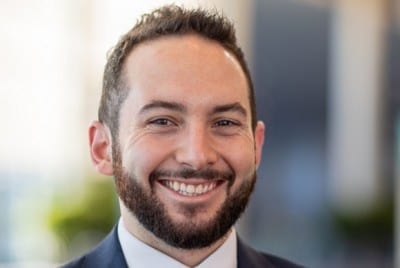My name is Mikhail Dias, I recently completed an honours year at Monash University where I researched an in silico approach to studying synthetic lethality in cancer to identify novel gene targets.
I am become passionate about cancer biology during my undergraduate studies at RMIT university, where I learned about cancer genomics and how genetic alterations can lead to devastating consequences. I pursued a pathway into research by undertaking an honours year project at Monash University. During my honour’s year, I developed sought after computational skills and experience which I will continue to use throughout my research career.
Read more >Dr Dennis Chan is a physician who is undertaking research to improve the management of neuroendocrine tumours. He completed his Bachelor of Medicine and Bachelor of Surgery alongside a Master of Bioethics and Health Law at the University of Otago, New Zealand, in 2012. Since then, he has undertaken specialist training with the Royal Australasian College of Physicians as a Specialist Endocrinologist and General Physician.
In 2019, he completed a Master of Science at Barts and the London School of Medicine focusing on Cushing’s Syndrome caused by neuroendocrine tumours. This has led him to pursue a PhD in translational research at the University of Sydney focusing on neuroendocrine tumours and their management.
Read more >I have always been passionate about making a difference in the lives of people living with chronic disease, and I feel the best way of doing so is through research. Over the past 5 years, I have pursued a career in scientific research, developing my knowledge and skills as a scientist and researcher.
Growing up in regional Victoria, the opportunities to explore science is limited. The first science program I was involved in was the Rotary’s National Youth Science Forum. In my last year of high school, I was accepted to take part in the National Youth Science Forum, participating in the Brisbane session at the University of Queensland.
Read more >Rebecca completed a Bachelor of Biomedical Science (Genetics and Neuroscience) from the University of Western Australia in 2020. With a keen interest in both disciplines, she pursued an Honours project using RNA-sequencing to characterise changes in the cells of the brain following a burn injury, forming a collaboration between the Brain Plasticity lab (Perron Institute) and the Fiona Wood Foundation.
With experience in bioinformatics and a fascination to study the brain, this PhD was formed where Rebecca hopes to use transcriptomics to better understand how non-invasive brain stimulation can be optimised as a tool to promote healthy brain ageing.
Read more >I am someone who likes to enjoy life, and one of the best enjoyment for me is being in the lab running experiments. I am particularly interested in the bacteria in the gut due to my research in university. The gut bacteria, also known as the gut microbiota, makes up such a big part of us humans, yet we still know very little about it.
We do know there are complex interactions between the gut microbiota and ourselves. For me, I would like to be at the forefront of the research and help translate health benefits for humans.
Read more >After completing her 4th year Psychology thesis in 2006 on the effect of resilience and hope on adolescent academic engagement, Mandy Gibson worked with the Department of Communities Qld, and Child and Youth Mental Health Services (Qld Health). Mandy has over a decade of clinical experience as a Psychologist providing suicide risk assessments to young people following near lethal attempts and treatment to young people experiencing suicidality, complex trauma, self-harm and other mental health issues.
Read more >I have been studying and working in disciplines, pathology, biotechnology and scientific research for 10 years. I find these areas interesting because of their broad range of techniques, applications and outcomes to the community, health and science.
I am a country Australian and have travelled to study/work in Wagga Wagga, Canberra and Sydney. I wish to use my knowledge, qualifications and skills to provide an understanding of disease pathology and biology, specifically in the neurodegenerative disease, motor neuron disease. I believe that understanding disease pathology is vital to improve patient/clinician/carer support and care by determining diagnostic and prognostic techniques.
Read more >I am a first-generation Vietnamese-Australian PhD Student studying at the University of Sydney. I am passionate about contributing to scientific and medical research, which also allows my analytical and creative side to prosper. Currently, I am in the Bosch Young Investigators Committee, which is a postgraduate student-run committee to manage events for other postgraduate research students, from academia-related such as conferences to social.
I am also a member of the Australasian Society for Stem Cell Research with other academics who specialise in stem-cell research. On the side, I love playing piano, video games, dodgeball and producing digital art.
Read more >After graduating with a Bachelor of Science from the University of Western Australia, I commenced my medical training at the University of Notre Dame. I have subsequently worked as a doctor in both the public and private health sectors, being involved in the treatment of a number of patients with colorectal cancer.
I am currently involved in medical education at the University of Notre Dame and have completed further post-graduate training in health professional education.
Read more >My interest in cancer research began while studying my Bachelor of Science in Biomedical Science at the University of Auckland. I was intrigued by the different fields of cancer research and specialised my degree to a research area in Cell Biology and Cancer Therapeutics. I then continued my research at the University of Melbourne and Peter MacCallum Cancer Centre, completing my Master of Biomedical Science in Prof Grant McArthur’s Molecular Oncology lab.
Under the supervision of Dr Lorey Smith and Dr Karen Sheppard, my project investigated metabolic reprogramming that occurs in response to BRAF/MEK and CDK4/6 targeted therapies in melanoma.
Read more >